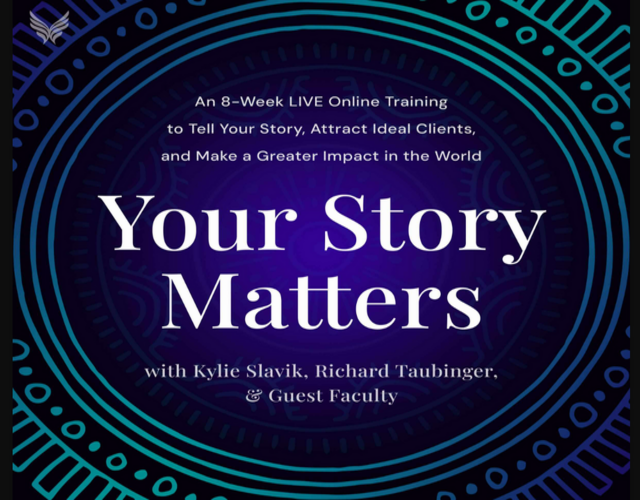Jelena Dokic shared her story of paternal abuse in the second of her memoirs, Fearless: Finding the Power to Thrive. Her no holds barred account is disarmingly honest but replete with positivity and gratitude.
Jelena indicated that she first gave a glimpse of her family situation in an interview with journalist Jessica Halloran, who subsequently co-authored her two memoirs. The first memoir, Unbreakable, told of her challenges as a refugee from Yugoslavia, her life of poverty and the brutality of her father, Damir Dokic.
The first physical abuse she suffered at the hands of her father was when she was six years old. He slapped her hard in the face three times because she had laughed and joked with her tennis coach. In Damir’s view, tennis was not for enjoyment but sheer hard work that had to be taken seriously. Beyond that first abuse, she suffered continuous beatings as a teenager, especially when she lost a game. Jelena often played with bruises all over her body. On one occasion he beat her unconscious with a shoe.
Jelena highlighted in her memoirs the fear and physical suffering she experienced at the hands of her father. She explained in detail how his behaviour diminished her self-esteem and intensified her sense of shame. Despite her trauma from this physical abuse, Jelena became one of the greatest Australian female tennis players, reaching the rank of number 4 in the world in singles. She was noted for her nerve and fearlessness on court and her ability to fight back when behind in a match – a resilience born of combating her trauma.
The power of storytelling
Jelena discussed her personal battle with shame when trying to share her story. From the interview with Jessica to her Fearless memoir, she had progressively revealed more about her life and personal challenges. In the process she has become a very strong advocate for the healing power of storytelling. Jelena indicated that not only was she able to heal from her trauma through storytelling but she found that other people drew inspiration and healing from her personal battles and her capacity to rise above them.
Jelena used her memoirs to tell her story with increasing levels of disclosure. She found too that her book tours and public presentations enabled her to share more about her life and how she dealt with her trauma, which often left her feeling helpless, anxious, depressed and exhausted.
Jelena has continued to do public presentations to share her story and the positive value of her storytelling has been reinforced by the number of people who have expressed gratitude for her talks. She strongly advocates for people to share their stories of sexual abuse and domestic violence.
In Fearless, Jelena has a section on the “the power of story” and reinforces the positive changes that can accrue from narrative therapy (offered by her psychologist). She states that through storytelling she moved from a victim mindset to “survivor”. Her story suggests that she became a “victor”. Jelena continuously encourages people experiencing trauma to speak up:
I have said it many times in this book speaking up creates change, saves lives.
The healing effects of social support
In a section on “having the right people around you”, Jelena highlighted the importance of supportive people (social support) for the process of healing from trauma. Her earliest positive experience was being coached by Australian tennis great, Lesley Bowrey, who she described as a “no-nonsense, fair, tough coach with the warmest heart”. Jelena appreciated Lesley’s strong work ethic, a shared trait that was a source of mutual admiration.
Lesley showed kindness and an unshakeable belief in Jelena which became a profound source of happiness for her. While Lesley was her coach, she won the Junior US Open, reached World Number 1 Junior and won the Hoffman Cup with Mark Philippoussis
Jelena waxes lyrical about the unconditional support provided by Tod Woodbridge in her transition from tennis retirement to commentator. He had encouraged her to write the Unbreakable memoir and mentored her “tirelessly” about the process of commentating tennis matches.
Jelena also mentioned the very positive influence of her psychologist who helped her explore the impact of her trauma on her thoughts and behaviour and to challenge false beliefs about herself. Her psychologist supported her to progressively make changes in her life to initiate and sustain the healing process.
Reflection
The physical abuse Jelena experienced was demoralising and exhausting. Jelena showed tremendous courage to share her story, seek social support, work with a therapist and eventually overcome her fears and loss of self-esteem. She is now very much a role model for dealing with trauma and an encouragement to many people worldwide.
As we grow in mindfulness through our own efforts to increase our awareness of the impact of significant events in our life, we can develop deeper personal insight and the courage to take the actions necessary to achieve personal healing.
________________________________
Image by brian teh from Pixabay
By Ron Passfield – Copyright (Creative Commons license, Attribution–Non Commercial–No Derivatives)
Disclosure: If you purchase a product through this site, I may earn a commission which will help to pay for the site and the resources to support the blog.

